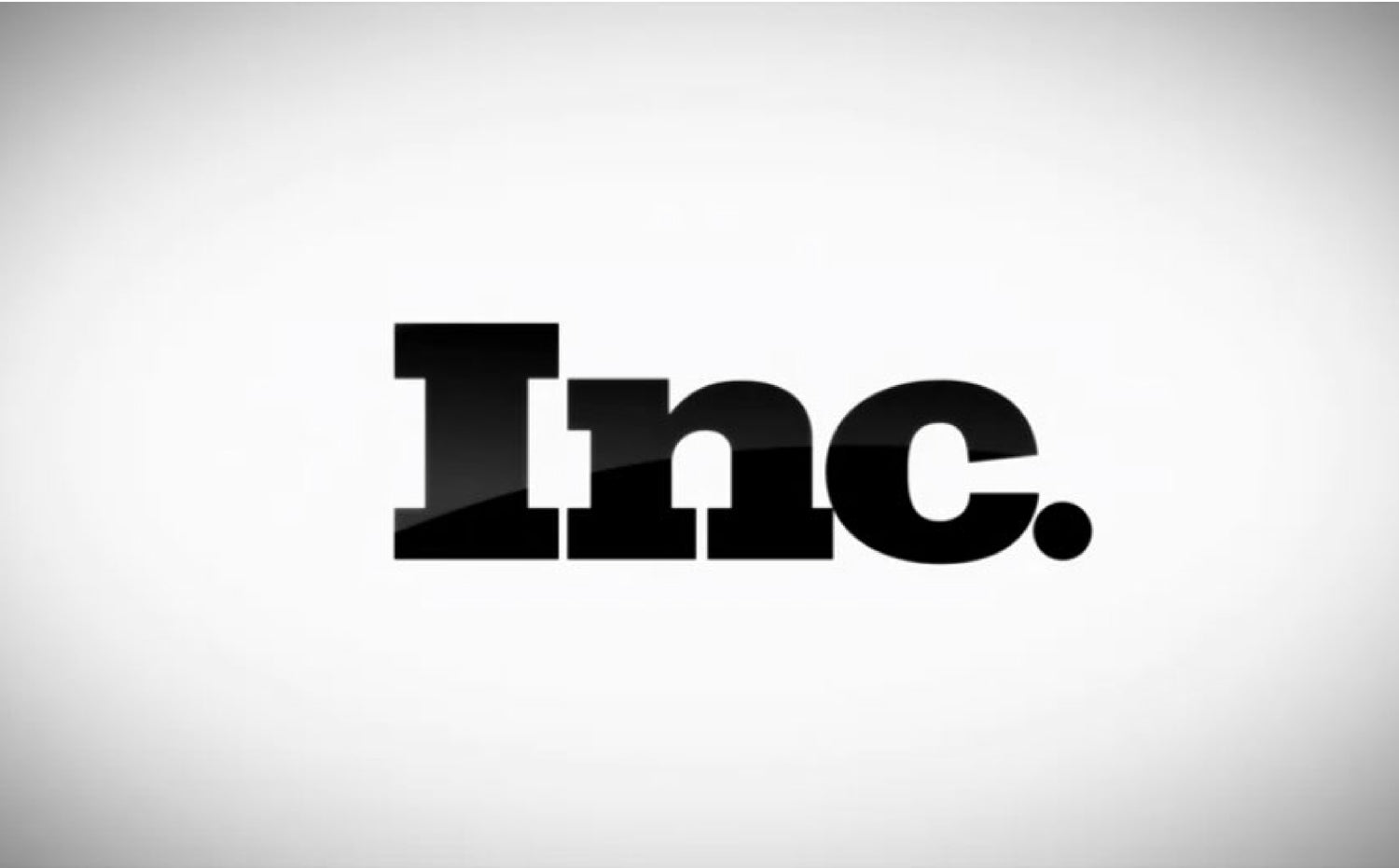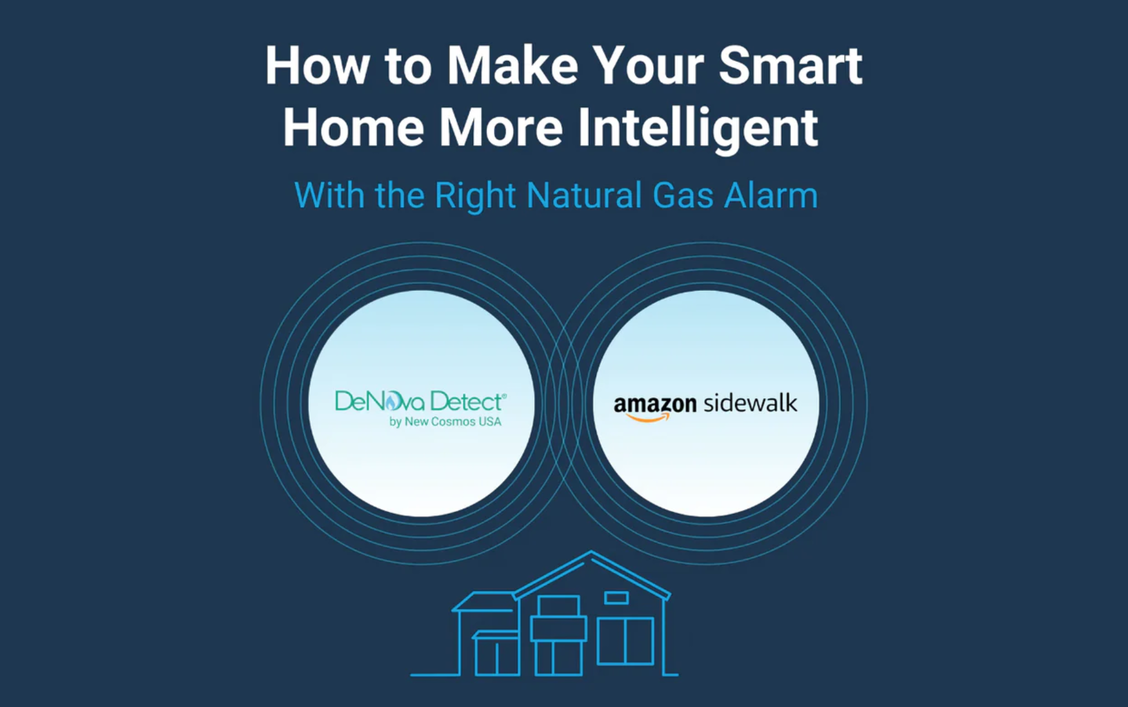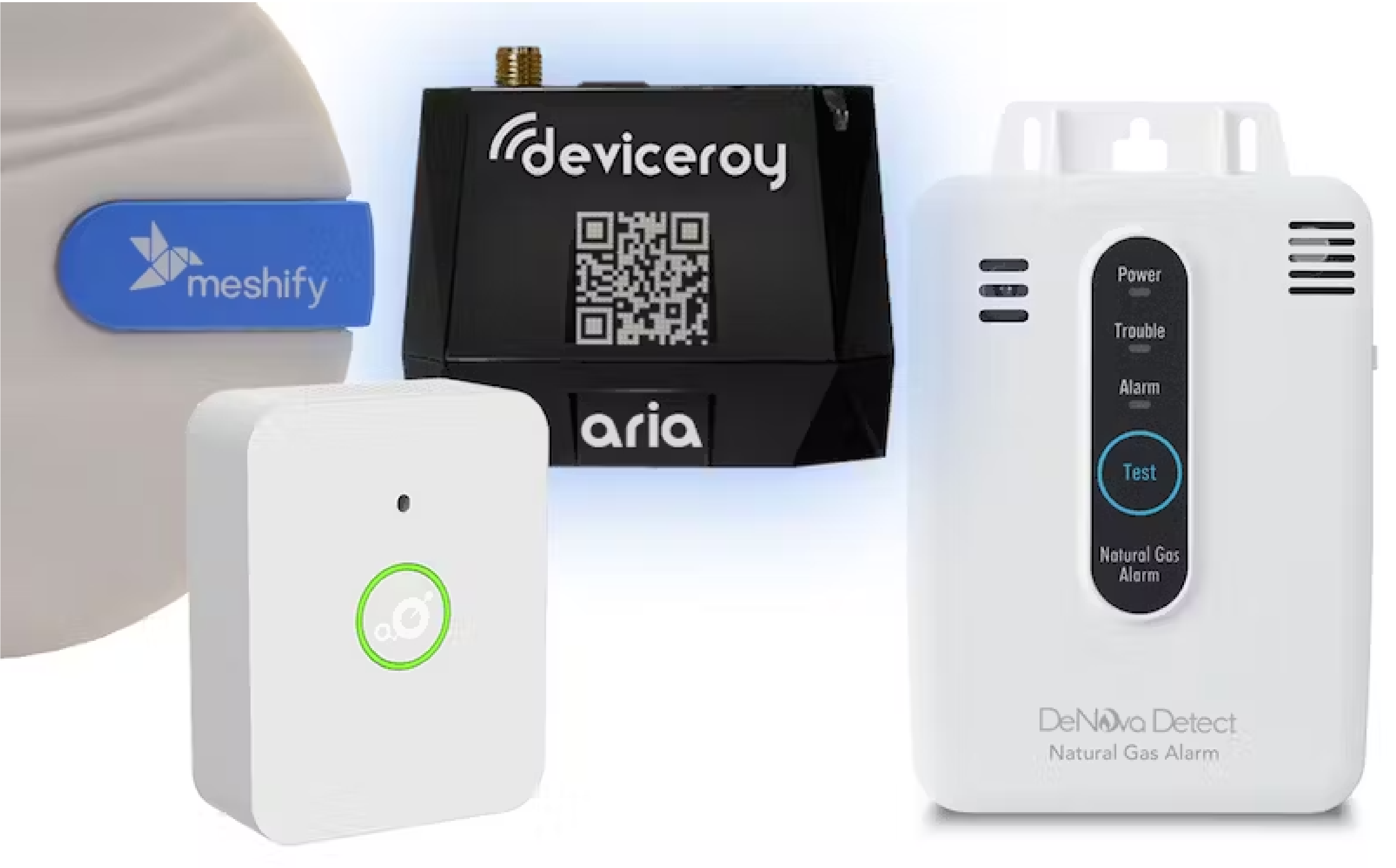In an era where transparency and relatability are critical for success, businesses realize that customers care about more than just products and services. Today's discerning buyer wants to know what their brands believe in.
Harvard Business School compiled research on CSR and found that 55% of American consumers believe it's important for companies to take a stand on key social, environmental, and political issues. Another 77% are motivated to purchase from companies committed to improving the world.
More marketers are focusing on social responsibility initiatives to instill a deeper relationship with consumers. One of the most persuasive strategies is cause marketing, in which businesses publicly support a good cause allowing them to gain positive recognition from their audience.
What Does Cause Marketing Do?
Cause marketing is when a company supports a charitable cause resembling its and its customers' values, bringing awareness and funds to a specific nonprofit organization. This helps promote business goals and positively impacts the community simultaneously.
An example would be American Express donating a penny toward the Statue of Liberty restoration every time one of its credit cards was used during the last quarter of 1983. The three-month campaign raised over $1.7 million, boosted American Express' card use by 27%, and increased new card applications by 45% from the previous year. This campaign led AmEx to coin the phrase "cause marketing" to differentiate campaigns that tie charitable contributions directly to product promotions from standard corporate donations.
Spreading awareness about a particular cause within a marketing strategy helps improve public perception and enables businesses to connect with like-minded customers. Pro bono services, helping save the environment, or whatever your company can contribute to benefit others is a step toward building a great reputation and increasing customer loyalty--if executed correctly.
You won't necessarily receive any gains if you don't strike the right cord with your audience or are too disconnected from your brand.
Here are some examples of companies doing it right and how.
Be Community-Centric
When developing your cause marketing campaign, determine the cause you want to support by targeting your audience. What affects them, and what do they care about? Topics like climate change and childhood poverty are major causes for some businesses, but focusing on your niche could be a better option. For instance, the 100% plant-based restaurant VeganHood in Harlem, New York, opened last year but launched with a passionate cause-related program of donating a portion of their profits to their 501c nonprofit, the Young Excellence Society.
This program supports Harlem youth with innovative after-school programs that provide valuable learning, mental health support, and meaningful mentorship programs for students. By targeting its own community, VeganHood can connect with its core audience and build a positive brand image.
Companies that transact nationwide and beyond may not like niching down. However, if you look at how your services affect specific communities, niche locational targeting may still be viable. New Cosmos USA Inc., for example, recently released the US's first 100% battery-powered natural gas alarm detector--DeNova Detect. Their marketing often relates to informing people about natural gas safety and the potentially tragic outcomes of natural gas leaks.
After a natural gas explosion in 2021, the New Cosmos team developed a community response and media outreach campaign. They partnered with the Joppa-Magnolia Volunteer Fire Company to donate $25K of alarms to a community in Maryland. This act of service was well received as it aligned with New Cosmos USA's commitment to helping communities impacted by natural gas.
Put Your Industry Expertise to Work
Part of New Cosmos' cause marketing success is the close relationship between their initiatives and business--my second tip for a strong cause marketing campaign. Of course, you can support any cause, but the best results happen when your business ties to your philanthropic services.
This has two benefits:
- Makes your expertise visible to your audience.
- Ensures the help you provide others connects to your passions.
Passion, expertise, and serious creativity were the key ingredients for Dotmatics scientists during the Covid-19 pandemic. Scientists at this leader in R&D scientific software collaborated with the spaceship-based multiplayer game EVE Online to galvanize thousands of willing gamers to become "citizen scientists."
Together, they developed a mini-game, Project Discovery, which uses a technology called flow cytometry to help scientists understand the real-life impact of Covid-19 on our immune systems. To date, gamers have solved millions of puzzles representing hundreds of years of effort. As a result, the data will be freely available to the scientific community, enabling open science. Dotmatics plans to apply a machine learning approach to the data, opening the door for faster, less expensive, and more significant medical breakthroughs.
Using your specific expertise--and skills many don't possess--to help the masses not only showcase your authority in your industry and frames you as a changemaker for good. Experian follows this model in their cause marketing campaign, showcasing their financial expertise, and markets their product--Experian Boost.
Executives like Rod Griffin, the Senior Director of Public Education at Experian, believe the burden of finding better financial solutions shouldn't belong to the communities in need. As a result, Griffin has been collaborating with groups like the Jump$start Coalition, which helps close the financial literacy gap by educating underserved communities. And beyond their educational initiative, Experian is creating products to serve and aid these communities, like Experian Boost--which provides more financial freedom around how people pay rent and utilities.
Experian's cause marketing efforts are a great example of tying community focus and industry expertise into a single campaign. Through their efforts, not only are they helping a community heavily impacted by the work they do, but they are also showcasing their knowledge, expertise, and products in the process.
Today's consumers want to know who they can trust. Aligning with a worthwhile cause elevates your brand's position in the market and brings you closer to your audience. Cause marketing is a good way to address the challenges our communities face while improving your business's ethos and outcomes.
Source: Inc.com





Leave a comment
This site is protected by hCaptcha and the hCaptcha Privacy Policy and Terms of Service apply.